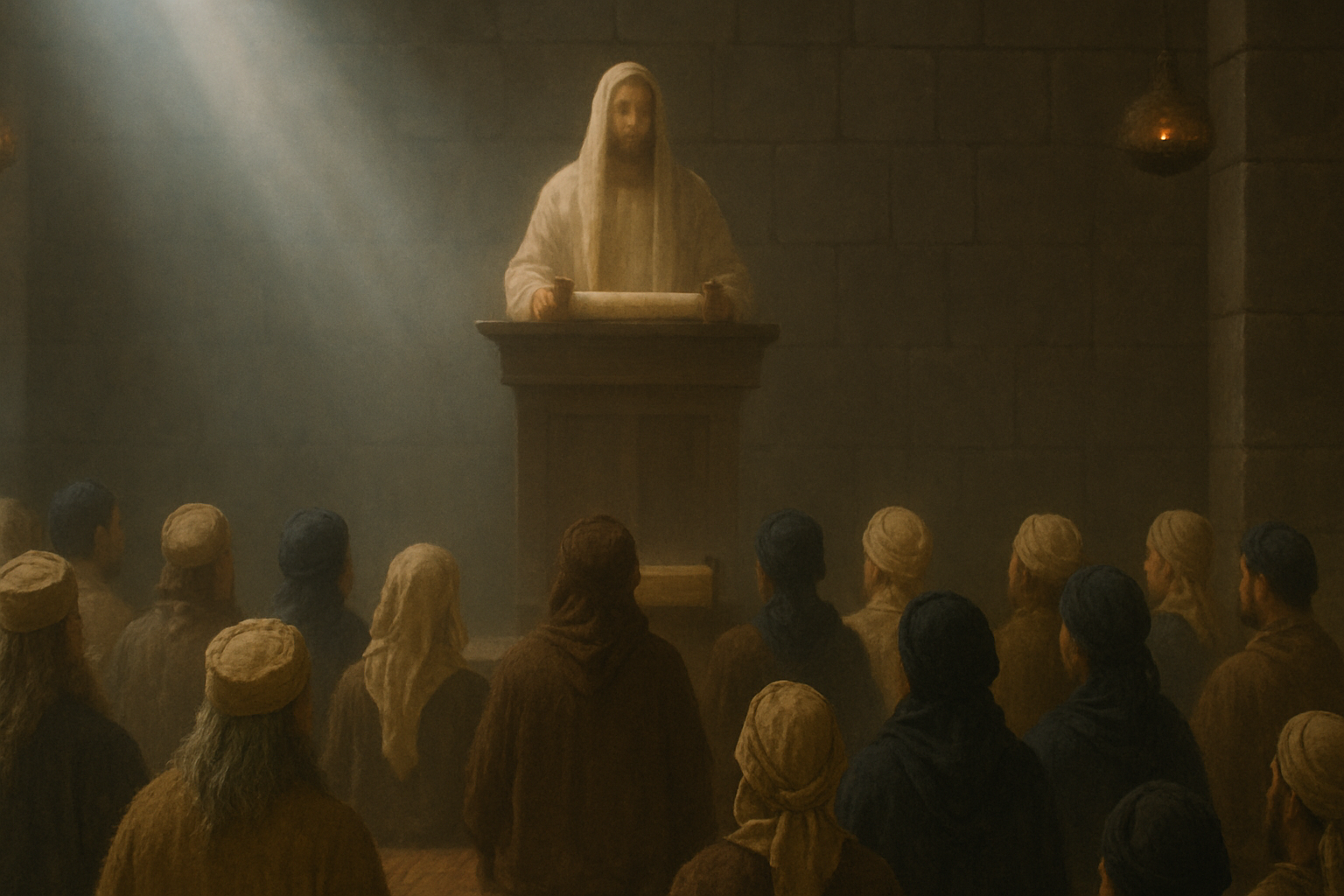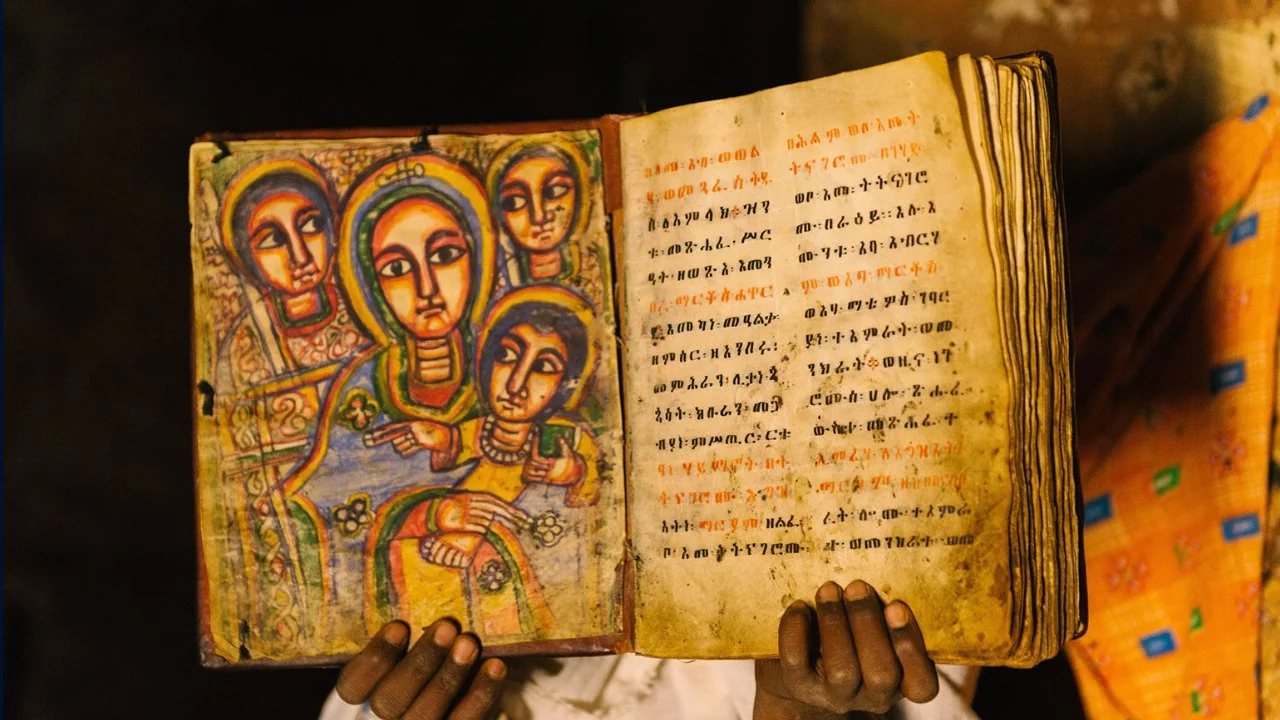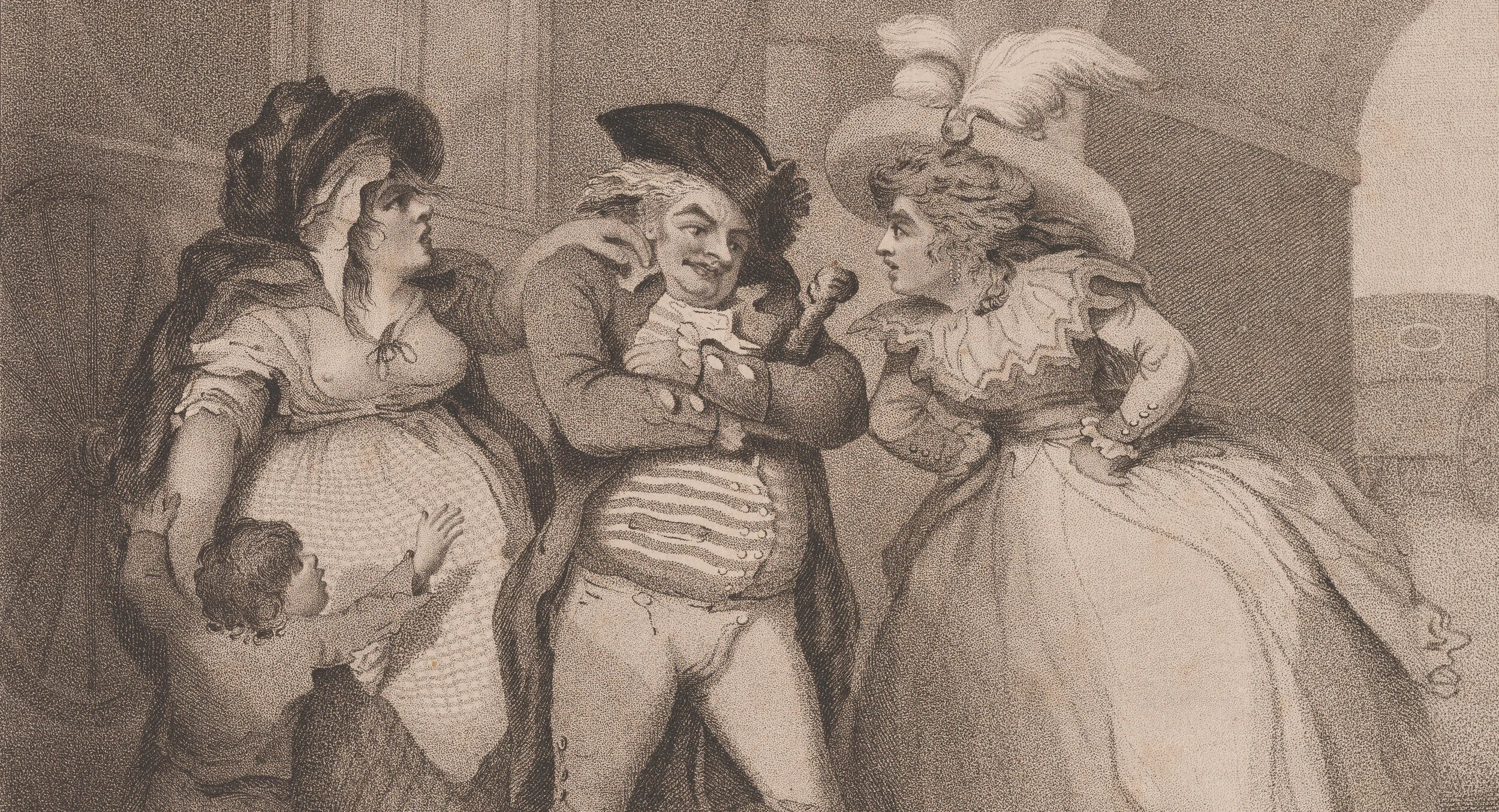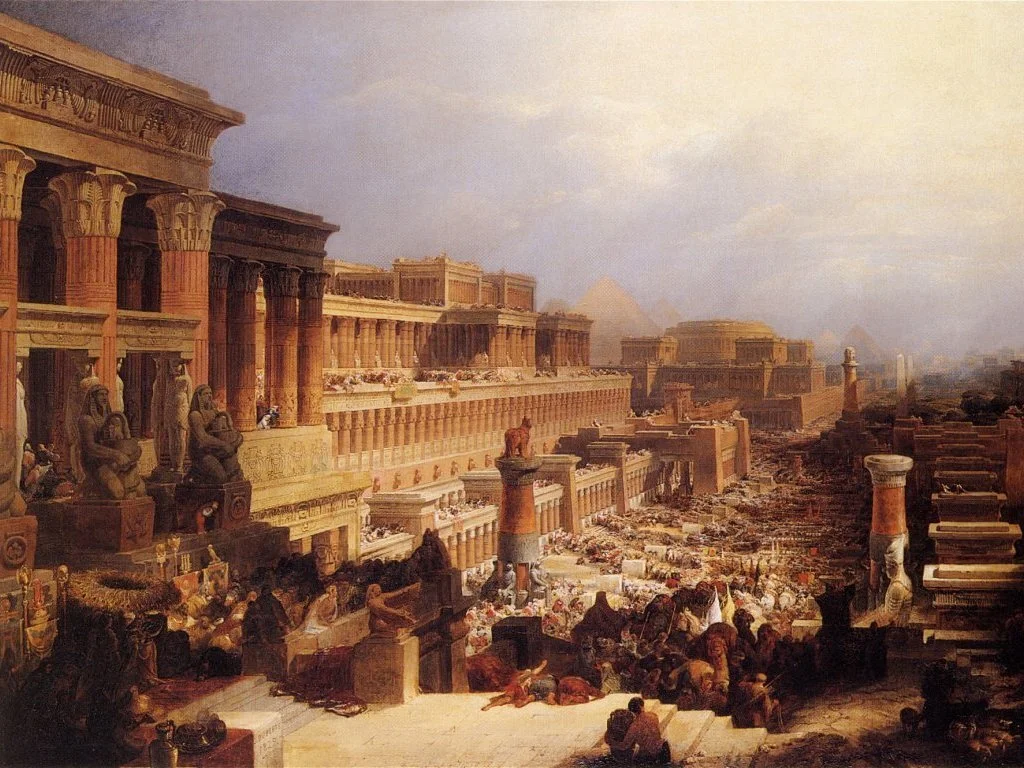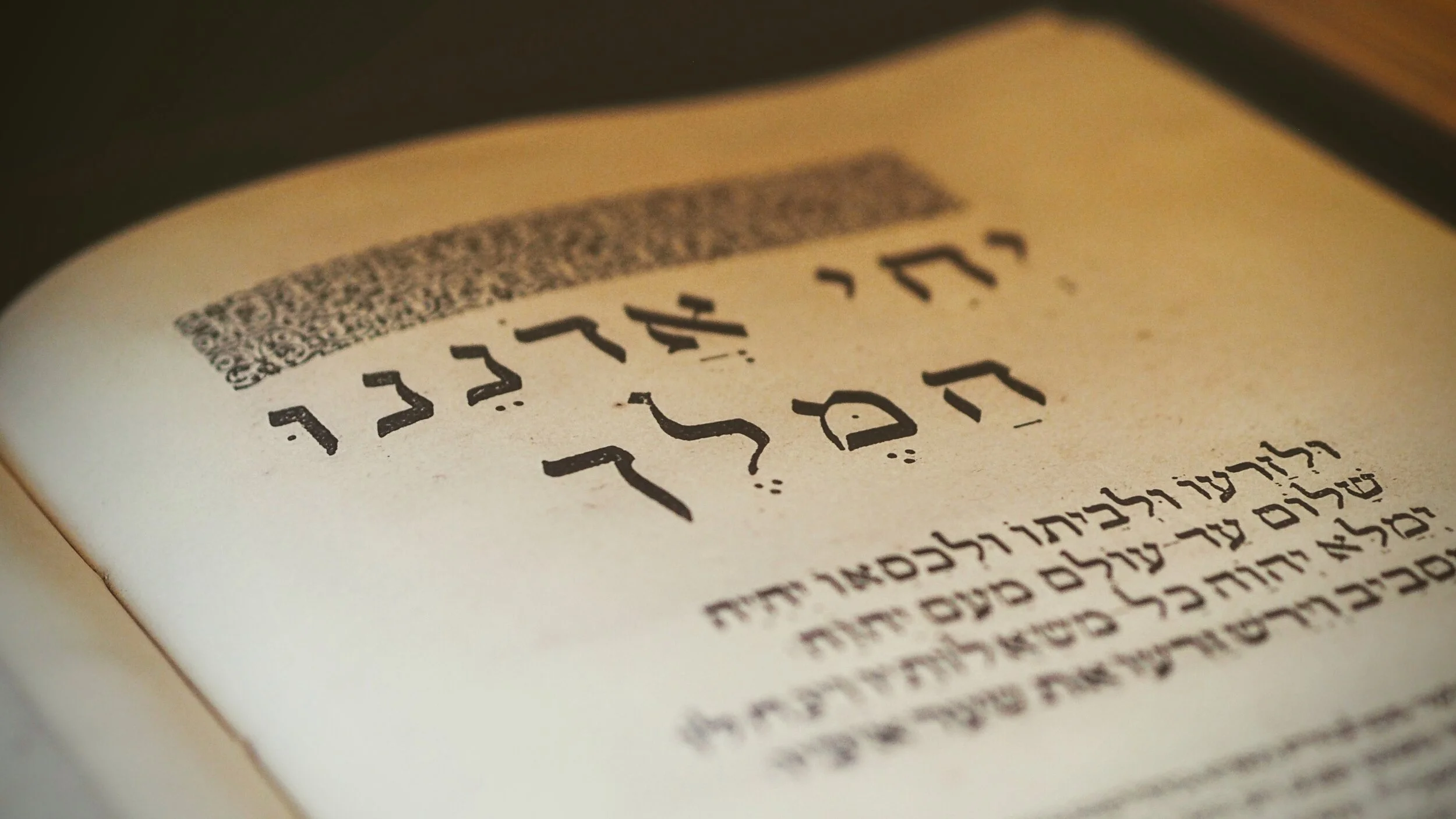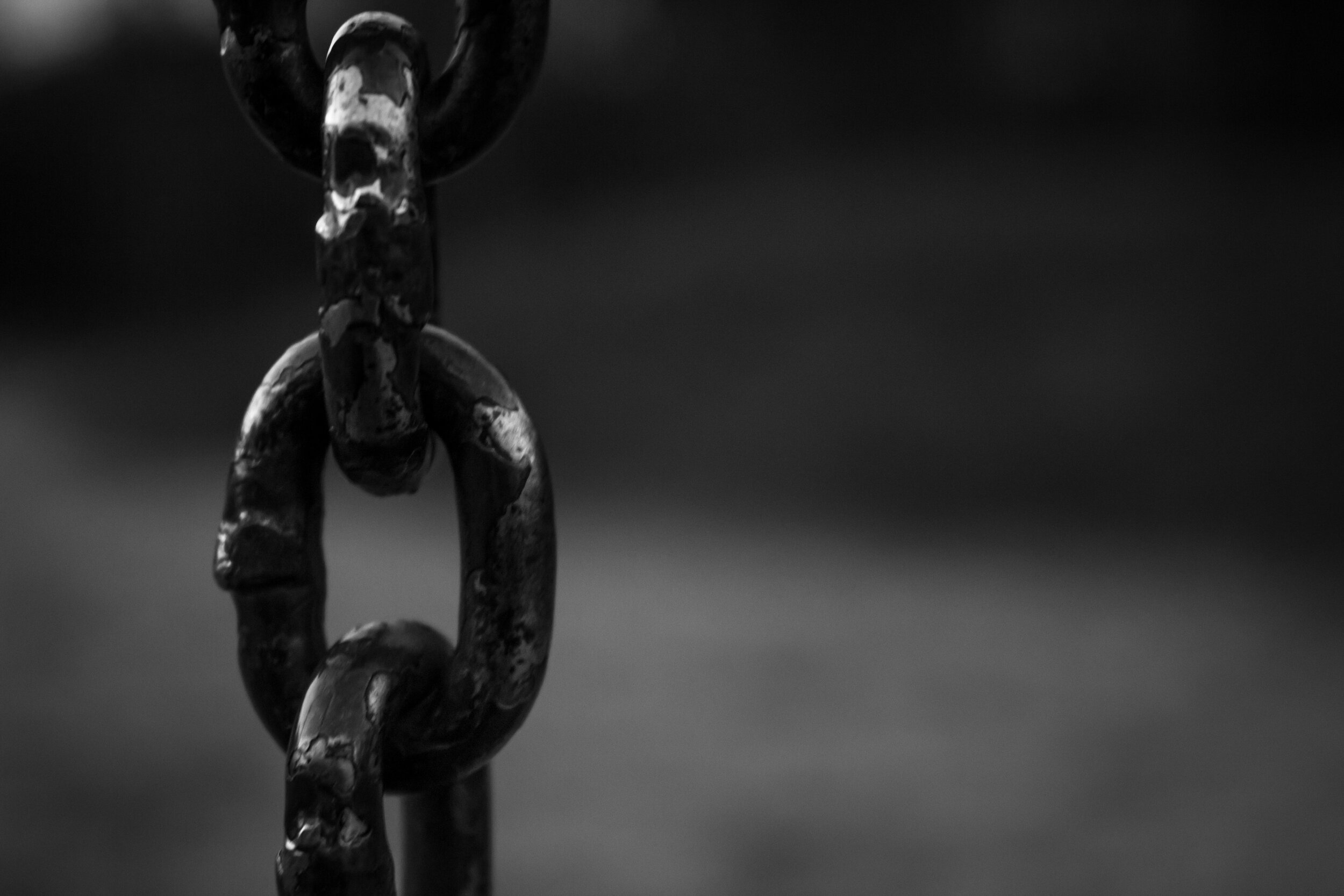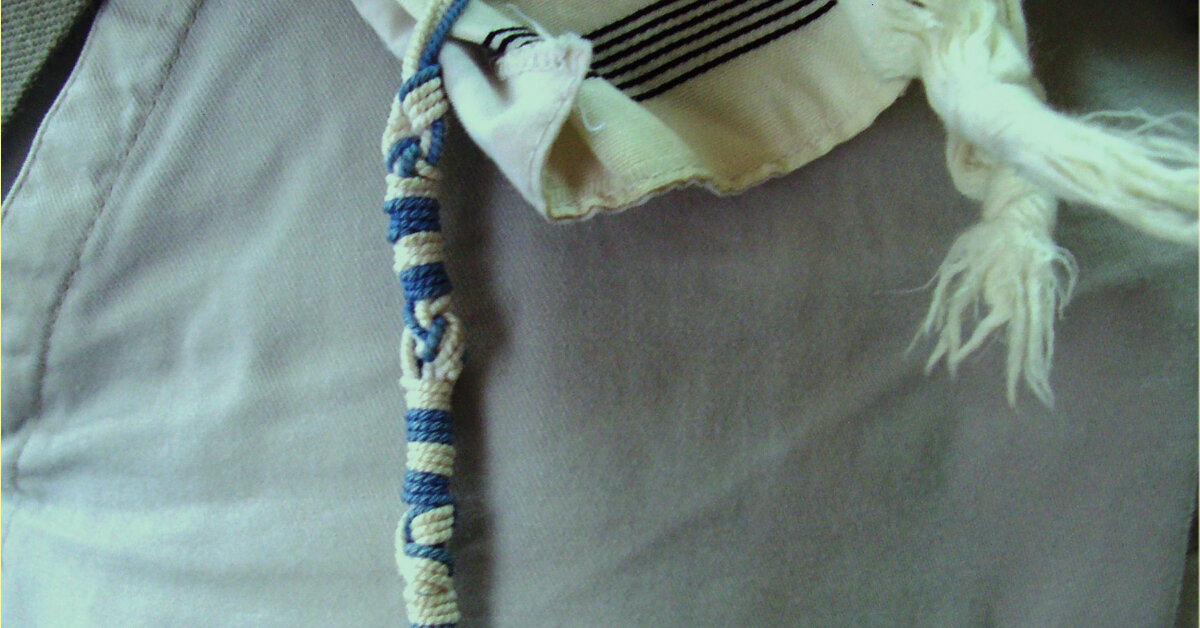Author: David Wilber
Throughout the year there are several days that God declares to be “appointed times” in the Bible (Leviticus 23:2). These are special times that God told us to remember and observe. Yom Kippur—the Day of Atonement—is regarded as the most important of them all.
The name Yom Kippur means “Day of Atonement.” It is the day when the High Priest went into the holy of holies and performed specific rituals in order to atone for the nation of Israel (Leviticus 16). According to Jewish tradition, Yom Kippur recalls the day when the people of Israel sinned against God by making the Golden Calf. God forgave the people of their sin after Moses made intercession on their behalf (Exodus 32-33). This pattern is clearly seen throughout the rituals of Yom Kippur as the High Priest intercedes for Israel and asks for God’s forgiveness every year on this day. And we see this exact pattern again as we look to our heavenly High Priest, Yeshua (Jesus), who is “able to save completely those who come to God through Him, because He always lives to intercede for them” (Hebrews 7:25).
Ultimately, Yom Kippur is a day to reflect on the Gospel. God gave His only Son to become a sacrifice that would atone for our sins. And indeed, Yeshua is our High Priest who makes intercession for us in the heavenly tabernacle. Hallelujah!
I pray that the following list will be helpful to you and your family as you observe this holy day.
1) Ask for forgiveness
The time between Yom Teruah and Yom Kippur is known as the “Ten Days of Awe.” It is a time of repentance and asking forgiveness—of God and our fellow man. As we see in Scripture, forgiveness is extremely important to God. This is the time to really take it seriously.
If you need to ask someone for their forgiveness but you feel like they won't be receptive, do it anyway. Swallow your pride. Just call or write them and apologize. Yes, it might be uncomfortable and they might not be happy that you’ve contacted them, but at that point you’ve done all you could. It's out of your hands. Once you reach out to them and sincerely apologize, it's up to them to follow through with obeying the Bible’s commandment to forgive. Your role is simply to do the right thing regardless of how they respond.
2) Forgive others
Along with asking for forgiveness, you must also be willing to forgive others. Indeed, the biggest stumbling block to asking for forgiveness and giving forgiveness is pride. Just let it go. You simply don’t have the right to hold a grudge. As Yeshua beautifully illustrated in His parable of the Unforgiving Servant (Matthew 18:21-35), our Master has forgiven us a tremendous debt that we could never pay. Therefore, who are we to not have mercy on our fellow servant?
For if you forgive others their trespasses, your heavenly Father will also forgive you, but if you do not forgive others their trespasses, neither will your Father forgive your trespasses. (Matthew 6:14-15)
3) Keep a day of rest
We are commanded to not do any work on Yom Kippur (Leviticus 23:28). The Bible calls it a “Sabbath of solemn rest.” Make sure you request time off from your job on this important day so you can completely focus on God.
4) Fast
The Bible tells us to afflict ourselves on Yom Kippur:
It is a Sabbath of solemn rest to you, and you shall afflict yourselves; it is a statute forever. (Leviticus 16:31)
Several passages in the Bible connect this phrase to fasting. “I afflicted my soul with fasting” (Psalm 35:13). Indeed, the connection between Yom Kippur and fasting became so established in Judaism that, by the time of the First Century, the day was simply called “the Fast” (Acts 27:9).
Afflicting our souls through fasting is an act of complete humility and self-denial. At a fundamental level, it takes our focus completely off of ourselves. When we fast, we are choosing to deny ourselves a basic human enjoyment in order to fulfill God’s purposes. It reminds us that this life is not about us, but about Him. Moreover, fasting on Yom Kippur is a practical way to emulate Yeshua who said, “Man shall not live by bread alone, but by every word that comes from the mouth of God” (Matthew 4:4).
If you are pregnant or have health problems that might prevent you from abstaining from food on Yom Kippur, then that is certainly understandable. A greater mitzvah than fasting is the preservation of life. If that’s the case, pick something other than food that you can fast from for the day.
5) Have a holy convocation
Yom Kippur is a community event (Leviticus 23:27). Make every effort to be part of a congregation of likeminded believers on this day. Most Messianic and some Christian fellowships hold beautiful prayer services on Yom Kippur that you can be part of. If you don’t have a local fellowship, plan ahead to travel to one and observe this holy day with other believers. Also, it's traditional to come to Yom Kippur service dressed in white clothing.
6) Read the book of Jonah
On Yom Kippur it is customary to read the book of Jonah. This is an incredible story that teaches us about God’s forgiveness and mercy. Jonah was a righteous prophet who ran away from God’s commandment to go to Nineveh. Ultimately, Jonah’s attempt at escape was unsuccessful as he was thrown into the sea and swallowed by a great fish. Three days later, Jonah was released from the fish and he journeyed to Nineveh to prophesy against them. Amazingly, through Jonah, one of the biggest revivals in history took place as the entire nation of Nineveh came to repentance.
From the story of Jonah we learn that we are unable to escape God. We’ve all sinned and fallen short of His glory. We all must face this reality. Jonah also teaches us that, no matter our past sins, God will have mercy on us when we repent. He declared that Nineveh was to be destroyed because of their wickedness, yet He forgave them when they acknowledged their wicked ways and made teshuvah.
Not only is Jonah an amazing story of repentance and forgiveness, but it’s also prophetic. Yeshua said that it’s a sign to confirm that He is the Messiah:
For just as Jonah was three days and three nights in the belly of the great fish, so will the Son of Man be three days and three nights in the heart of the earth. (Matthew 12:40)
7) End with a joyous celebration!
At the end of Yom Kippur, we blow the shofar (ram’s horn) and celebrate! God has forgiven our sins! Indeed, Yeshua’s atoning work on the cross assures us of forgiveness when we repent.
If we confess our sins, he is faithful and just to forgive us our sins and to cleanse us from all unrighteousness. (1 John 1:9)
Once the sun sets, feel free to break your fast with a celebratory meal. If you’re able to be part of a local fellowship, have a praise and worship service with music and dancing. This exciting celebration extends all the way through the Feast of Sukkot.
May you have an easy fast this Yom Kippur! May you grow closer to the Father and reach new heights in your Spiritual journey.
About David Wilber
David is first and foremost a passionate follower of Yeshua the Messiah. He is also a writer, speaker, and teacher.
David’s heart is to minister to God’s people by helping them rediscover the validity and blessing of God’s Torah and help prepare them to give an answer to anyone who asks about the hope within them (1 Peter 3:15)…


